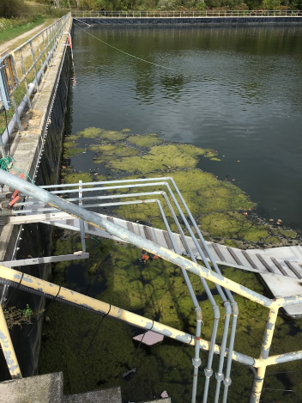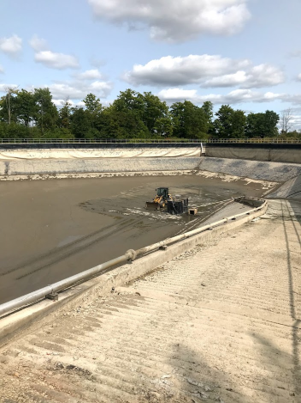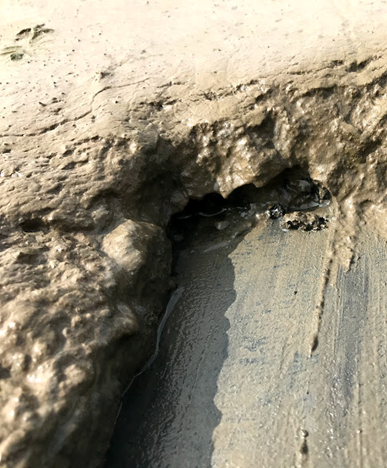 Managing sediment-associated phosphorus to prevent cyanobacterial blooms in drinking water reservoirs Join forWater Network member, Nik Knezic, as he explores the dynamic topic of sediment-associated phosphorus on Tuesday September 21 at 12pm EST. Contact Elanor for access the recording. Webinar Details To ensure the uninterrupted supply of adequate amounts of drinking water, many utilities rely on reservoirs for raw (i.e., untreated) water storage prior to treatment. Reservoirs are not typically managed for influxes of fine sediment and associated nutrients, which are more frequent in many areas because of climate change-exacerbated landscape disturbances such as wildfires and extreme precipitation. Fine sediment is the primary vector of phosphorus transport in aquatic systems, which notably is the limiting nutrient for primary productivity in freshwater. Algae, especially cyanobacteria, blooms are one of the biggest threats to water quality and the provision of safe drinking water globally. Here, a series of lab- and field-scale analyses were conducted to (i) describe phosphorus release from fine sediment in a raw water reservoir, (ii) characterize its availability for biological uptake, (iii) evaluate phosphorus inactivation by application of common coagulants (FeCl3, alum, PACl), and (iv) evaluate the combination of strategically-timed reservoir dredging and coagulant application on phosphorus inactivation and turbidity reduction. Nik's bio
Nik joined the WaterSTP group in January 2019 under the supervision of Dr. Monica Emelko after spending two years working in the water chemistry field with General Electric’s Water division. He had previously completed a BASc in the Department of Chemical Engineering at the University of Waterloo in 2017. In August 2021 he received his MASc in Civil Engineering. Nik’s current doctoral research focuses on investigating climate change adaptation strategies for protecting source water reservoir quality.
0 Comments
Leave a Reply. |
forWater NetworkThe Network provides insights into new scientific research for safe, secure drinking water---globally---which starts with resilient forests Archives
October 2023
Categories |




 RSS Feed
RSS Feed

